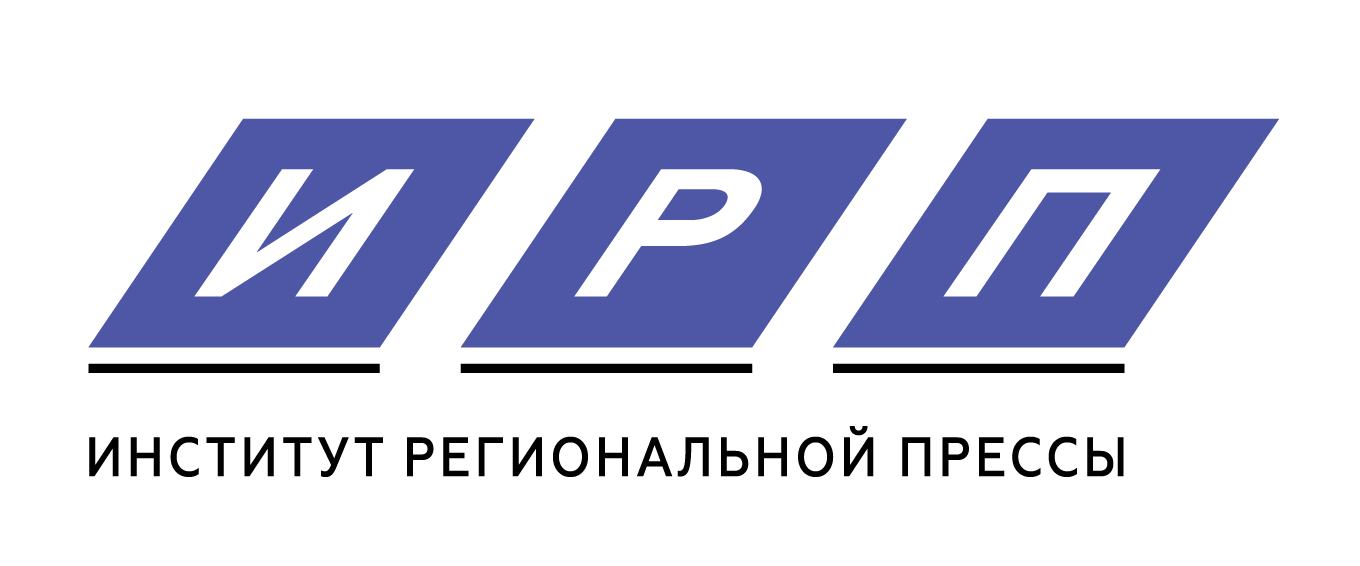The Regional Press Institute (RPI) is a non-governmental organization) which promotes the formation and development of independent mass media outlets in Russia. RPI has worked with the media and for the media for about 30 years.
The organization was created in the fall of 1993 as a branch of the Russian-American Press and Information Center (RAPIC), the Russian partner of the Center on War and Peace and News Media of New York University.
In 1997, RAPIC was re-registered as the “National Press Institute,” an independent Russian autonomous non-commercial organization (ANO).
In 2000, USAID ceased work with the Center on War and Peace and News Media, as a result RAPIC was re-registered as “Press Development Institute” (PDI).
In 2015, the Northwest branch of the PDI was registered as the independent legal entity “Regional Press Institute” (RPI) with head office in St. Petersburg.
The RPI staff has been known for their stand on press freedom, freedom of speech and professional standards both in Russia and abroad.
The staff members are often approached by national and international media for comment on topical issues. Comments and interviews appeared in the National and international press: Nezavisimaja Gazeta, Novaja gazeta, Itogi magazine, ZHURNALIST(Russia) Herald Tribune, Chicago Tribune, Christian Science Monitor (USA); JOURNALIST, THE GUARDIAN, (Great Britain), newspapers of Finland, Sweden, Danish Radio and other print and electronic media.
Every year interns from Russia, Europe and the US are consulted by the RPI advisers.
The RPI organized and hosted the international symposium on Media Ethics which brought together media experts from Russia, Latvia, Ukraine, Kazakhstan, Azerbaijan, Norway. The manual “Media Ethics Code as Pretext for Discussion” was written and published by the RPI staff members and discussed at the symposium.
The year 2020 made the RPI like many other organizations adopt an online method of work and communication with journalists, journalism students, journalism educators and media audience.
We still hope to return to the conventional method of enlightening and consulting those we have been working with because networking is indispensable both for us and our partners.






